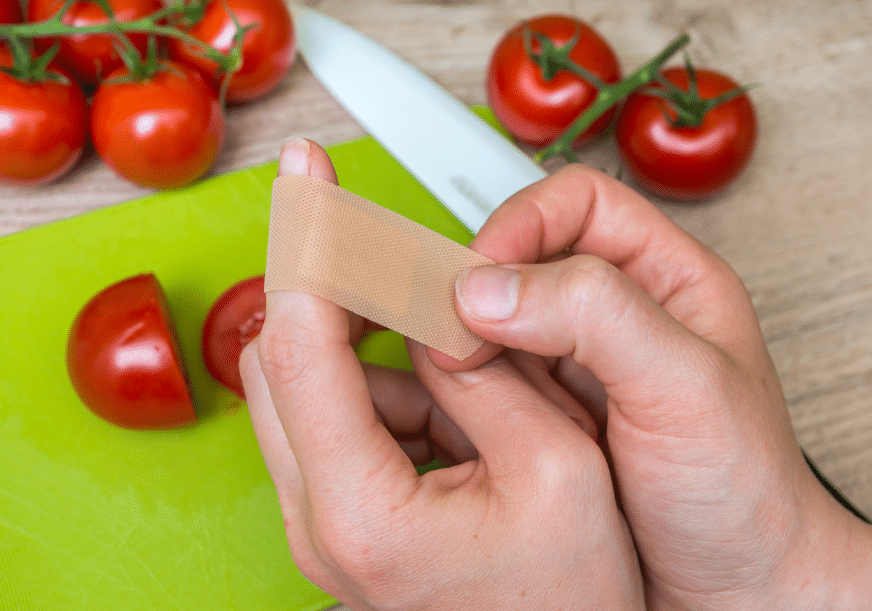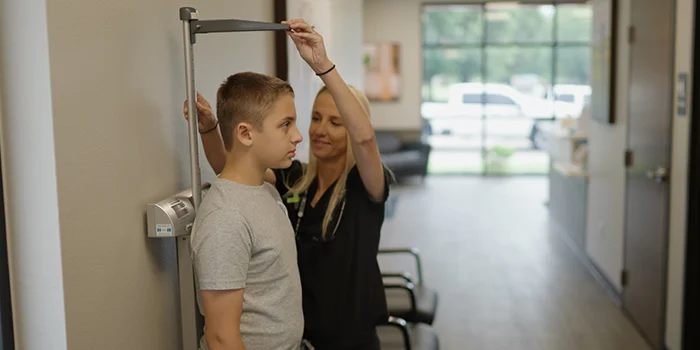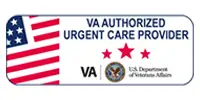We all get lacerations at one time or another. In fact, lacerations may be one of the most common injuries in the world. While we may not recommend coming in for a paper cut that feels like a bigger issue than it is, if you cut yourself while preparing your next big feast or have a hole in your foot where you stepped on that rusty nail you meant to avoid, Integrity Urgent Care is open to help you clean and treat your lacerations and other wounds.
Symptoms
A laceration is defined as any cut on the skin. This is different from an abrasion where skin has been removed from the body due to the injury. It is typically caused by a sharp object with blunt trauma. Due to this definition the symptoms are very clear, a break in the skin with or without bleeding is considered to be a laceration. Sometimes a doctor will have to clean away blood which may be obscuring the wound in order to better assess what is happening.
Treatment
Treatment varies widely depending on the type of laceration, the depth, and other factors. Some patients may require antibiotics or a tetanus booster if their laceration was caused by something dirty or rusty. Most of the time irrigation, either by washing the skin or flushing it with saline solution, can clean away foreign objects. Stopping the bleeding may be difficult for larger lacerations and while some can be covered with a bandage, other lacerations may need stitches to close the wound.
Prevention
The best way to prevent a laceration is to be careful and aware of your surroundings. While this may be general, it is the best advice we can give since lacerations can occur from such a broad range of injuries. For a few specifics, consider practicing chopping, dicing, and slicing skills with good knives before you get too fancy in the kitchen. When working outside, especially around debris, wear protective gloves, shoes, and long pants. Dispose of broken glass carefully so an injury doesn’t occur right away or when you are taking out the trash a few days later. And always monitor children who are using scissors or other sharp objects.
When to See a Doctor
If your laceration is minor and the bleeding is easily stopped, you can cover it with a bandage and keep the wound clean. If the bleeding doesn’t stop with firm pressure or the wound continues to reopen, come see our staff at Integrity Urgent Care to assess if you need stitches. If the wound is gaping or bone is visible, that is a good sign to come in as well. Some patients will need to come in after receiving treatment if they notice swelling, pus, redness, or extreme pain radiating from their wound as this may be a sign their wound has become infected.
Integrity Urgent Care clinics have a number of locations throughout Texas that are ready to serve you and get you back on your way. No appointment is needed, and our clinics have a shorter wait time than most ERs with many of the same testing and treatment options from our friendly and expert staff for a tenth of the cost. If you have a laceration or some other concern, come see us, today.






